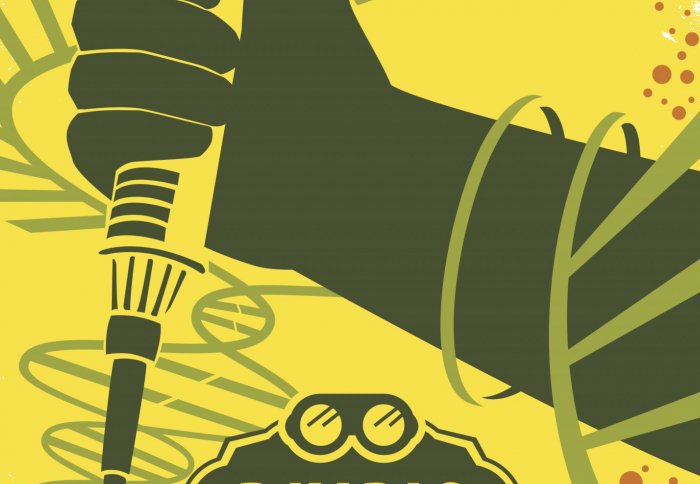Science from scratch: what do biohackers do?

Biotechnology has the potential to touch every aspect of our lives – but who influences the future of it? Stephanie McClellan investigates.
Biotechnology is a rapidly growing sector with diverse industrial applications ranging from biofuels to medical developments. It has the potential to touch every aspect of our lives – but who gets to do it? Who should influence the future of biotechnology?
There is a growing movement of people who believe that biotechnology should be accessible to everyone. These people have taken the term ‘biohackers’, embodying a hacker ethic as they experiment with biotechnology. They have set up non-institutionalised laboratories and networks, such as DIYbio, to harness the potential of democratic technological development. These creative labs are a place where children, citizen scientists, young biologists, or experimental bioengineers can learn and explore.
A recent example of the phenomenon in action is that of journalist Sascha Karberg, who is part of a biohacking group in Germany. Wanting to find out whose dog was leaving ‘treats’ on his street, he took samples for DNA analysis then threw tennis balls to each of the neighbourhood dogs, analysed their saliva, matched the dog and confronted the dog owner. Although a humorous side, it shows how biohacking can give citizens the opportunity to question the world around them.
Through DNA barcoding, you could analyse your caviar to make sure it’s beluga, determine if your cereal is made from genetically modified crops, or identify species in your own backyard.
Article text (excluding photos or graphics) © Imperial College London.
Photos and graphics subject to third party copyright used with permission or © Imperial College London.
Reporter
Press Office
Communications and Public Affairs
- Email: press.office@imperial.ac.uk
